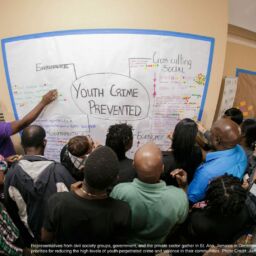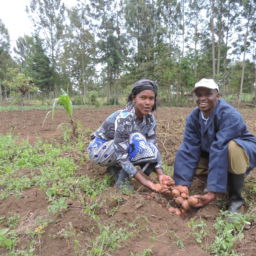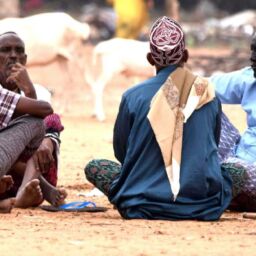By: Craig Hempfling and Patrick Sommerville
Preliminary insights from four years facilitating and tracking relationships
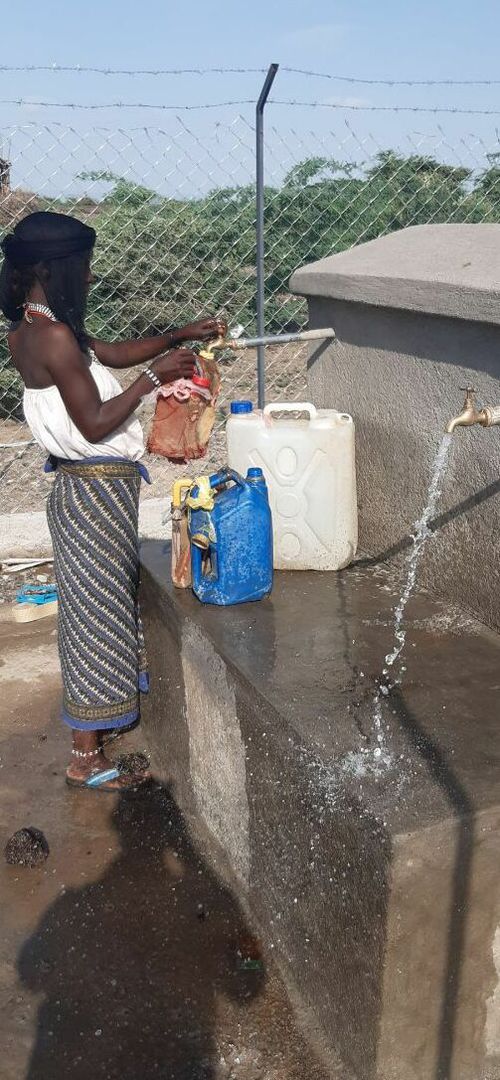
In many areas of the country, Ethiopians struggle with a lack of access to adequate water and sanitation. USAID’s Sustainable WASH Systems Learning Partnership (SWS) is a multi-country activity working to better understand and address the challenges faced by institutions, organizations, and other stakeholders tasked to provide and manage water and sanitation services effectively, responsibly, and sustainably. In Ethiopia, SWS has facilitated Learning Alliances comprised of institutions and organizations to improve water supply and sanitation in four communities – two rural communities working to improve water supply and two urban communities focusing on sanitation issues.
Under the SWS project, LINC has had the privilege to play a role from the outset, conducting baseline, mid-term, and now end-line network analyses of the four Learning Alliances, providing us the opportunity to quantify the networks’ functionality and report back to the SWS team with observations and recommendations to deepen their impact. Some preliminary results from two different locations, Mille and Debre Birhan, are contrasting, and instructive:
In Mille, there has been some turnover of institutional leadership and expertise within the Learning Alliance. Analyzing “in-degree scores” over time, a basic indicator of who network members turn to for support, network metrics are reflective of changes in institutional leadership, the close-out of other synergistic development projects, and other events and dynamics. Overall, we see that 12 of the original 23 members of the alliance no longer participate.
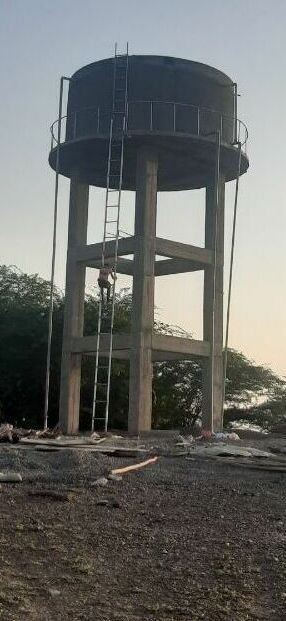
Debre Birhan is one of fastest growing cities in Ethiopia; there, the SWS Learning Alliance is working to address major sanitation issues involving the release and dumping of household and industrial waste. Network data over time seems to be showing a more dynamic picture there, with the Learning Alliance expanding from 17 to 21 members, including numerous departures and additions resulting in a healthy state of flux in network dynamics and participation.
In 2020, the World Bank selected Debre Birhan as a focal point for its Ethiopia Urban Water Supply & Sanitation Project II (IIUWSSP) project, which joined the Learning Alliance just prior to LINC’s current endline analysis. Network data shows the IIUWSSP project rising to prominence as a node for information-sharing and problem-solving.
Also in Debre Birhan, our analysis shows seven of the Learning Alliance members focusing on advocacy, and indeed, they have been busily coordinating such efforts. As advocacy efforts – almost by definition – rely on the collective efforts of multiple engaged stakeholders, LINC is able to point to improved advocacy coordination as an opportunity to improve the Learning Alliance’s effectiveness going forward.
SWS has brought together numerous international organizations under a cooperative umbrella to apply innovative practices in new environments, study their impact, and amplify our collective impact in WASH. International partners in this effort include the University of Colorado Boulder, together with IRC, Tetra Tech, WaterSHED, WHave, Oxford University, Environmental Initiatives, LINC, and most notably, USAID, who has provided and supported this exciting opportunity. Stay tuned for more results from all of us as we wrap-up our learning activities in 2021!

